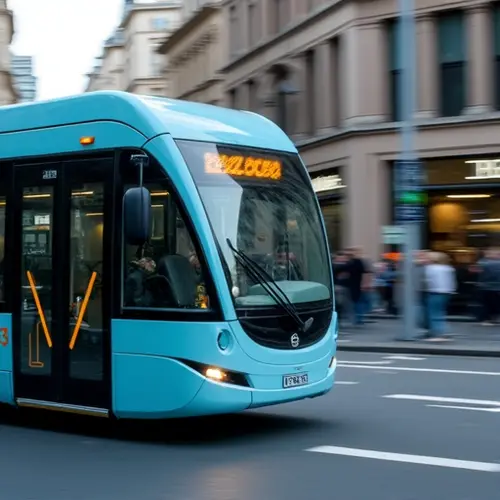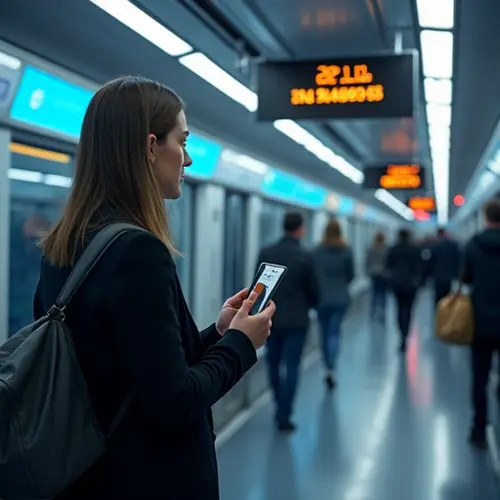AI in Public Transport: Smarter Cities or Data Privacy Risk?
The Rise of Predictive AI in Metro and Bus Scheduling
Artificial Intelligence (AI) is revolutionizing public transport systems worldwide, with predictive algorithms now being used to optimize metro and bus scheduling. These systems analyze vast amounts of data, including passenger traffic patterns, weather conditions, and even social events, to predict demand and adjust schedules in real-time. Cities like Washington D.C. are already leveraging AI-powered tools like MetroPulse to provide real-time train performance data and personalized bus timetables.
Benefits of AI in Public Transport
The integration of AI into public transport offers numerous benefits. For commuters, it means reduced wait times and more reliable services. For transit authorities, AI enables better resource allocation, reducing operational costs and environmental impact. For instance, AI can predict peak hours and allocate additional buses or trains accordingly, ensuring smoother rides for passengers.
The Dark Side: Data Privacy Concerns
However, the use of AI in public transport is not without controversy. The collection and analysis of passenger data raise significant privacy concerns. Critics argue that such systems could lead to surveillance overreach, with governments or corporations potentially tracking individuals' movements. The debate centers on finding a balance between efficiency and privacy.
Looking Ahead
As AI continues to evolve, its role in public transport will only expand. The challenge for cities will be to implement these technologies responsibly, ensuring that the benefits outweigh the risks. Transparency in data usage and robust privacy protections will be key to gaining public trust.

 Nederlands
Nederlands
 English
English
 Deutsch
Deutsch
 Français
Français
 Español
Español
 Português
Português










